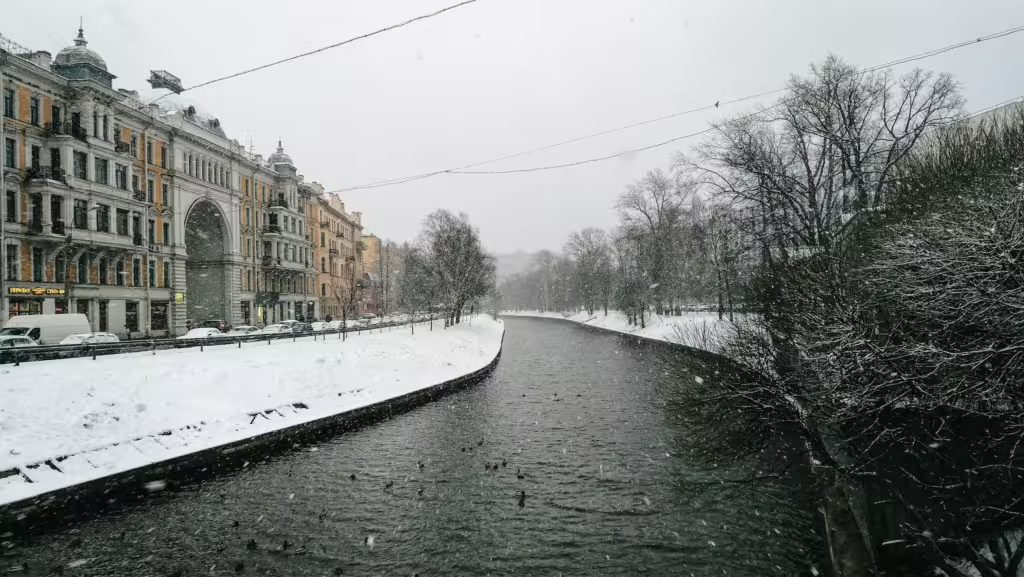It is very hard to engage in “evidence-based decision-making” when alarmists define climate change as the mere possibility of bad events, or deal with failed predictions of disaster by asserting that they did happen. Thus the New York Times cheerfully gave a positive review to a book How to Blow Up a Pipeline on Jan. 22 (though they passed on How to Invade the Capitol for some reason) because “from 2017 to 2019 investments in new fossil fuel infrastructure projects have grown…. Meanwhile, the polar icecaps melt, sea levels rise, hundreds of thousands of species may go extinct, fires rage, hurricanes boil, people continue to suffer and die.” Hurricanes boil? Really? We must have missed that remarkable incident, possibly while shovelling out from the deadly winter storms gripping the northern hemisphere.
Sometimes alarmists respond to failed predictions of disaster with apocalyptic vagueness. For instance in a generally sensible mock “memo” to Canada’s Prime Minister about getting out of his cottage and off Zoom and into the office, Maclean’s columnist Scott Gilmore wrote that in addition to the bungled pandemic vaccination efforts, and our economic woes, “there is the accelerating climate change crisis. I know this has been going on for years now, but it’s getting really dire. Ask one of your scientists. They will explain.” As if Trudeau were not already convinced. But note the patronising assumption that any scientist can explain, so even an idiot gets it, that there is an “accelerating” crisis with “really dire” effects. Such as what? Gilmore doesn’t bother to say.
Others do, with rhetoric that is catastrophic about events that are not. For instance the latest UN hysterics that “Climate change is the defining crisis of our time and it is happening even more quickly than we feared…. No corner of the globe is immune from the devastating consequences of climate change. Rising temperatures are fueling environmental degradation, natural disasters, weather extremes, food and water insecurity, economic disruption, conflict, and terrorism. Sea levels are rising, the Arctic is melting, coral reefs are dying, oceans are acidifying, and forests are burning…. As the infinite cost of climate change reaches irreversible highs, now is the time for bold collective action.”
Gaaaah. Where’s the red pencil when infinite cost meets irreversible high? And when the piece raves on as if it were describing established facts: “No continent is left untouched, with heatwaves, droughts, typhoons, and hurricanes causing mass destruction around the world.” (And of course “science tells us that climate change is irrefutable”.) Meanwhile in the Atlantic Peter Brannen shrieks that “up to half of the tropical coral reefs on Earth have died, 10 trillion tons of ice have melted, the ocean has grown 30 percent more acidic, and global temperatures have spiked.”
Not to be outdone, Global Affairs Canada shrilled that world ends, women and minorities hardest hit: “Across the world, climate change is causing extreme and erratic weather. This, in turn, is exacerbating land degradation and desertification, with the most severe impacts affecting people already in situations of poverty and vulnerability, especially women and Indigenous people.”
Notice anything missing in all these rants? We did: actual facts. As in numbers and data, not just anecdotes and slogans.
Of the many we could cite, the most important is that the impact of natural disasters on human beings is far smaller than it used to be. This whole business about continents reeling from mass destruction is simply untrue. As for the details, well, yes, sea levels are rising. But no faster, it seems, than they were in 1873. Real-world data show fewer hurricanes (and they are not more intense either) while even the unusually active North Atlantic basin did not in fact see a record season in 2020. Wildfires aren’t increasing either, while the UN’s link with terrorism is pure hysteria. Plus the Arctic is not melting and the coral reefs are not dying. The whole claim isn’t just reduced-fact, it’s fact-free. But it has ceased to matter, to prophets of doom at least.



I see even Saint Greta has gone off script......or rather published her (managements) script by mistake.
I recently e mailed Macleans magazine asking why they weren’t covering Trudeau’s increasing carbon tax in the middle of a pandemic when we’re spending hundreds of billions we don’t have. I never got answer and now I know why. Macleans is onside with the climate fear mongers and Scott Gilmores comments to Trudeau are proof. Macleans is not going to make waves. They fall in line with CTV, CBC and most of our media. Ask no questions. It’s safer that way. Macleans wouldn’t want to give the Wrong impression to the movers and shakers. They might be “cancelled”.